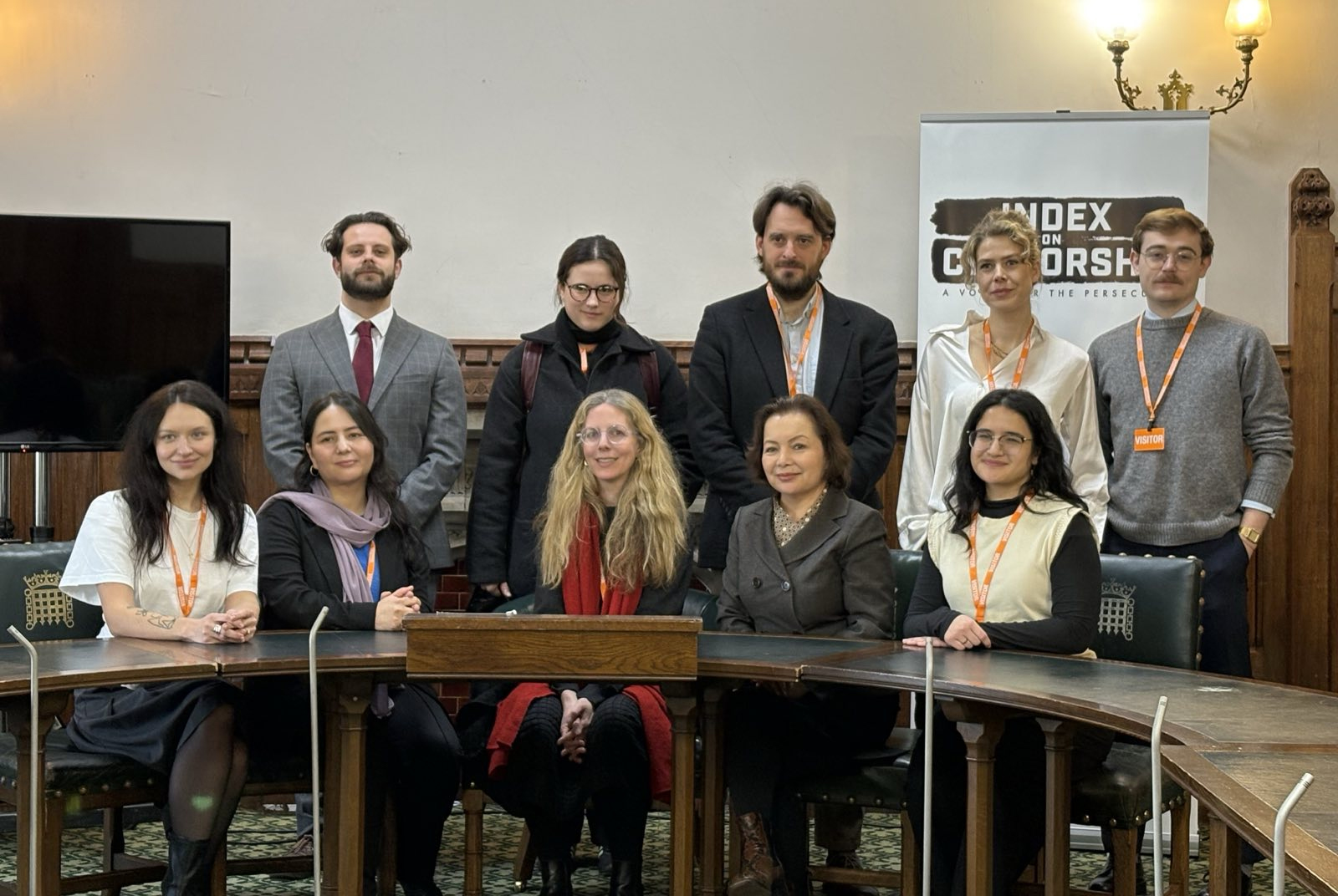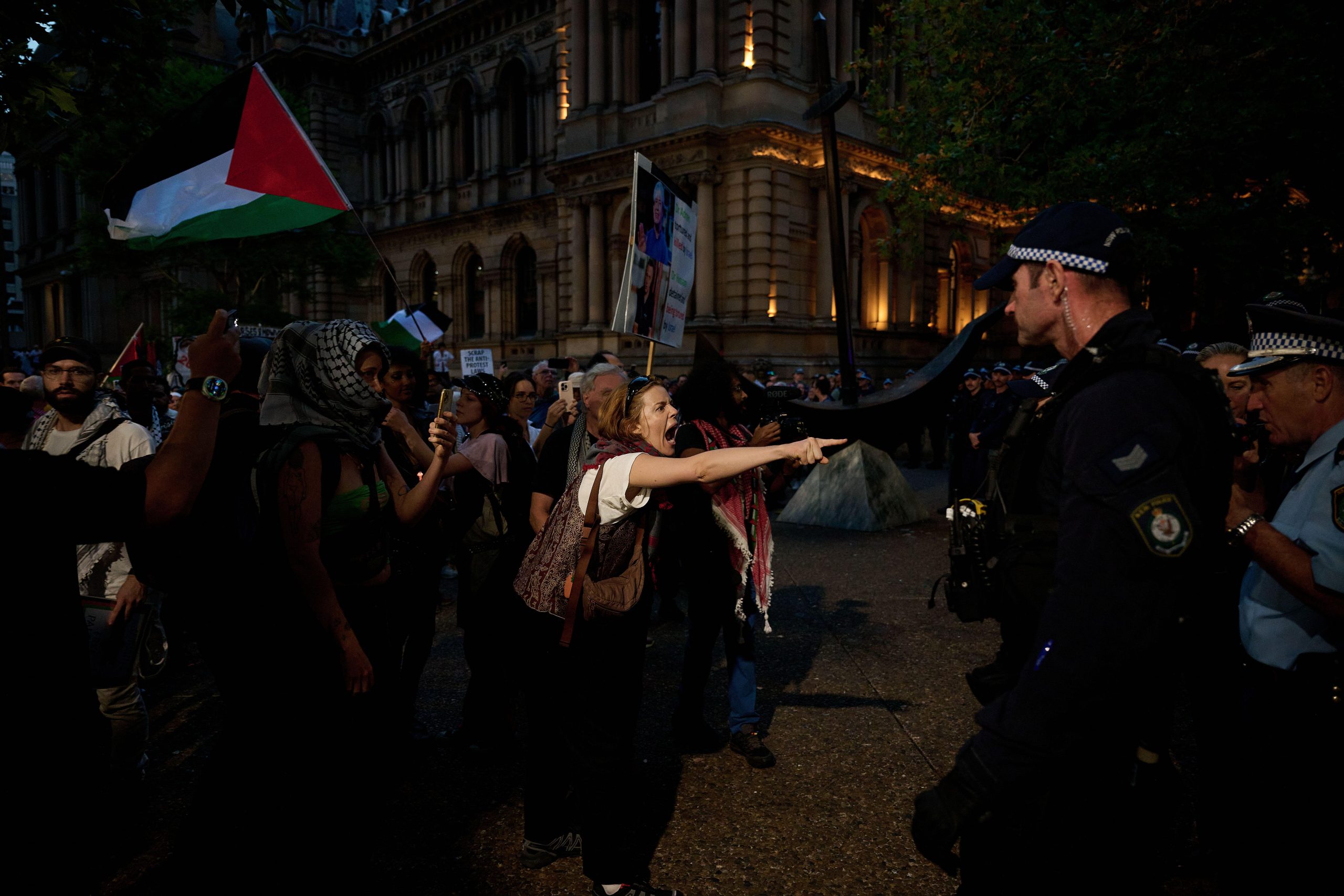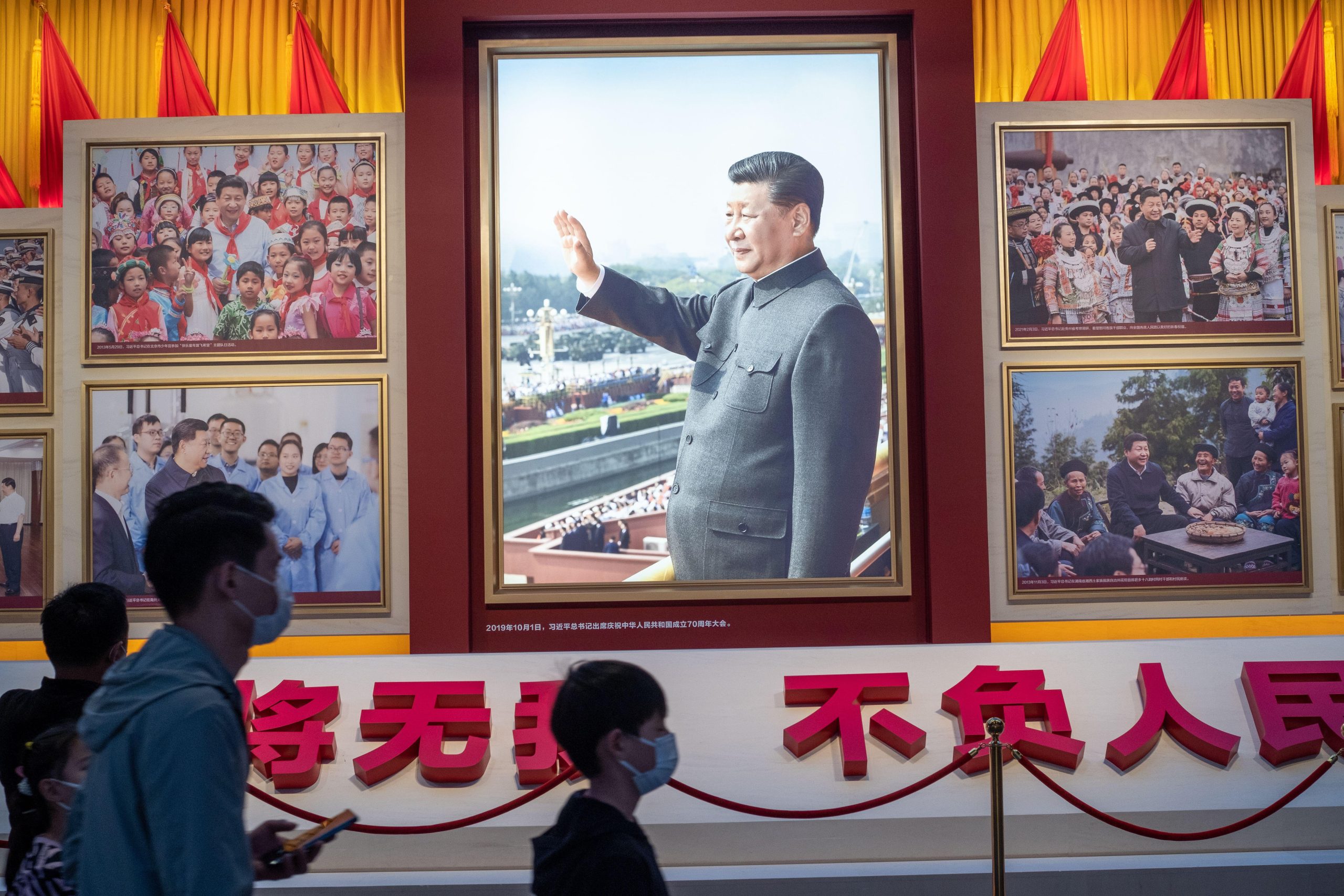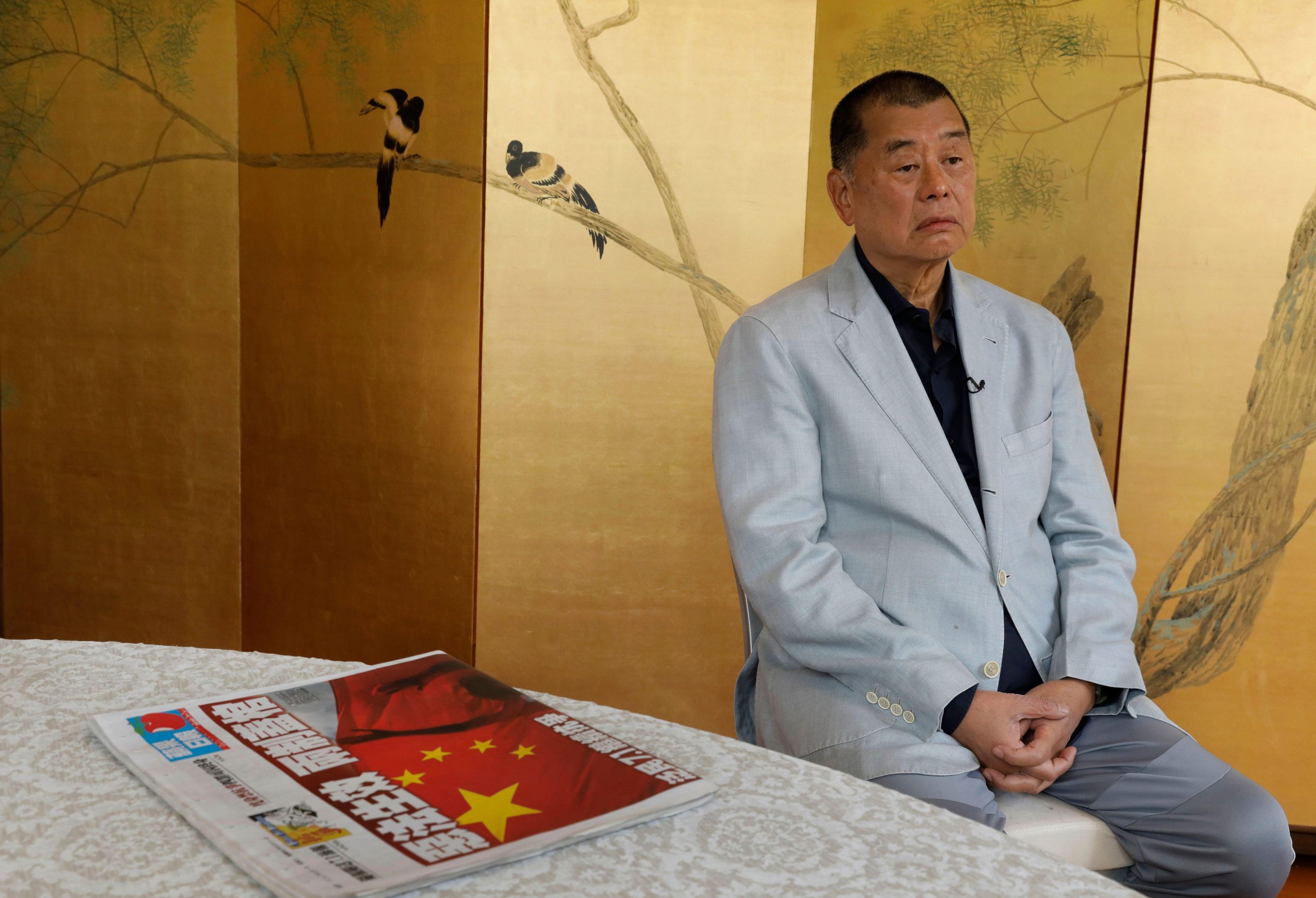[vc_row][vc_column][vc_single_image image=”89549″ img_size=”full” add_caption=”yes”][vc_column_text]After five years the president of the Maldives may be on his way out — but no one is celebrating yet.
The Indian Ocean island nation voted on Sept. 23, 2018 to oust sitting president Abdulla Yameen in favor of challenger Ibrahim Mohamed Solih, who won 58 percent of the vote. The message? They were done with Yameen’s increasingly authoritarian rule.
Yameen came into power in 2013 and has jailed or forced many of his political opponents into exile. He’s restricted protests and reduced media freedom, all while boosting corruption in the government with bribes, embezzlement and human rights abuses.
The Maldives Independent, winner of the 2017 Index on Censorship Freedom of Expression Journalism Award, is one of the few independent news organisations left in the country. In 2014, Maldives Independent journalist Ahmed Rilwan, known for criticising the government, went missing. He has still not been found. Many believe Yameen’s hand played a role in his disappearance and the subsequent lack of investigation.
Two years later, Yameen signed a criminal defamation law that created fines and jail sentences for slander or defamatory speech, speech threatening “social norms” or national security, and remarks against Islam. The law was criticised by the United Nations and the United States, both calling it a move against freedom of expression.
Yameen’s biggest accomplishments have been in development, building an extension to a public hospital in the capital, new airports, and the country’s first overwater bridge. But behind these projects was even more corruption, critics say.
In 2016, Al Jazeera exposed a major scandal in which Yameen and then vice-president Ahmed Adeeb leased islands to tourism companies and embezzled the money for themselves. Zaheena Rasheed, then editor-in-chief of the Maldives Independent, appeared in Al Jazeera’s investigative documentary. Hours after the documentary went online, police raided the news organisation’s offices. Rasheed has since fled the country.
Addressing the embezzlement at a debate a week before the election, Yameen pointed his finger at the former vice president and “the system” as the cause behind the corruption, denying any wrongdoing.
With a platform based on restoring democracy and freeing Yameen’s political prisoners, Solih represents a new leaf for the nation.
Riazat Butt, current editor of the Maldives Independent, called the two candidates “night and day.” And though Solih may want to make significant changes in the government, Butt said three out of four of the parties in the coalition backing Solih have shown little interest in democracy.
“The opposition alliance has not said what will happen if the coalition falls apart,” Butt said. “There is an agreement they have to sign about steps to be taken in such an event, but the agreement has not been made public and the president-elect’s spokeswoman is refusing to answer questions on it.”
On top of the issues Solih may face within his coalition, Yameen is not going down without a fight.
The leader of Yameen’s party, the Progressive Party of the Maldives, launched an investigation into complaints regarding the authenticity of the ballots cast, citing “systematic irregularities.” The party has asked the Elections Commission to delay publishing the final results and has reportedly told their supporters to submit electoral complaints to the commission.
The move has been denounced by the opposition party and the Human Rights Watch, who say it is an attempt to annul the election.
“Yameen has too much to lose to just step aside,” Butt said. “He may find a non-violent way to steal the election after all….he just needs to do it in a way that avoids sanctions and military action against him.”
On Oct. 10, Yameen challenged the election results in the Supreme Court. If the Court finds proof of irregularities, the election could be annulled.
Meanwhile, members of the Elections Commission have received anonymous threats due to their dismissal of the ruling party’s claims of fraud.
If Solih is able to secure the presidency and move his coalition government into power, it may not result in much change regarding journalism in the country. Butts called the coalition manifesto “fantastically vague” about press freedom. Though journalists have asked for specifics, like if the anti-defamation law will be repealed or if background checks for foreign journalists will end, they have not received answers.
“There is no detail, and that’s not good enough,” she said. “I honestly think it is too soon for anyone to relax or believe that their job will become easier or safer.”
[/vc_column_text][/vc_column][/vc_row][vc_row][vc_column][vc_basic_grid post_type=”post” max_items=”4″ element_width=”6″ grid_id=”vc_gid:1539606582611-fd540886-18b2-7″ taxonomies=”9028″][/vc_column][/vc_row]





